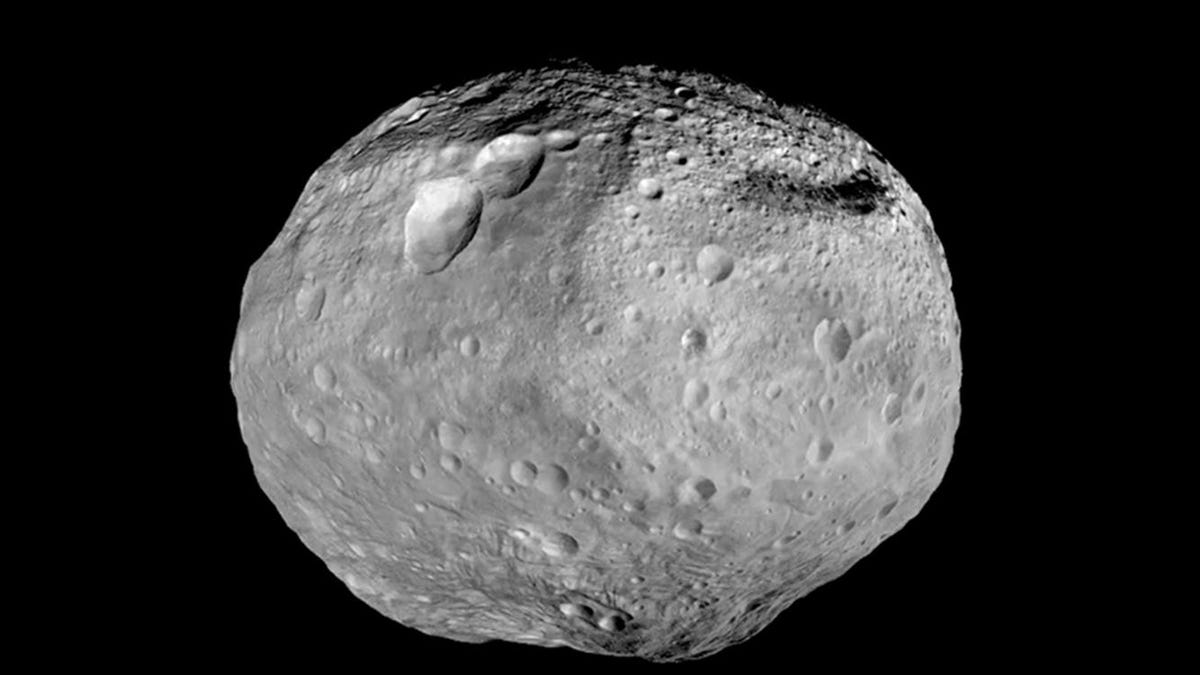NASA: Two asteroids will fly safely by Earth this weekend, so chill
You don't even have to duck.
If you search for asteroid 2000 QW7 on Google and Twitter, you'll see words like "rogue," "skim past Earth" and "panic." Don't panic.
Asteroid 2000 QW7 is one of two notable space rocks that will pass by Earth this weekend, but NASA wants everyone to know there will be plenty of distance between us and them. A NASA release this week emphasized that asteroid 2000 QW7 and asteroid 2010 C01 do not pose a threat to our planet.
NASA doesn't call out every asteroid that gets within spitting distance of Earth because there are so darn many of them. The space agency seems to be heading off a few alarmist news articles that have filtered out onto the internet and across social media.
First up will be asteroid 2010 C01, which is about 400 to 850 feet (120 to 260 meters) in size and will fly by late on Friday, Sept. 13. Next up is 2000 QW7 at 950 to 2,100 feet (290 to 650 meters) in size. It will traipse past early on Saturday, Sept. 14.
"Both of these asteroids are passing at about 14 lunar distances from the Earth, or about 3.5 million miles away, but small asteroids pass by Earth this close all the time," said NASA planetary defense officer Lindley Johnson.
NASA has been tracking the asteroids for years and has a good understanding of their orbits. They are classified as near-Earth objects (NEOs) because they come into our cosmic neighborhood, but neither is worrisome at this time.
Asteroid 2000 QW7 is an interesting rock. Astronomers called it "unusually bright" when it was first discovered in 2000. It will next visit our area of space in 2038, when it will cozy up a little closer, but still pass safely by.
Originally published Sept. 12.


